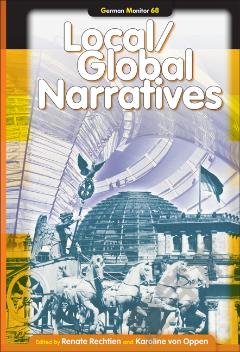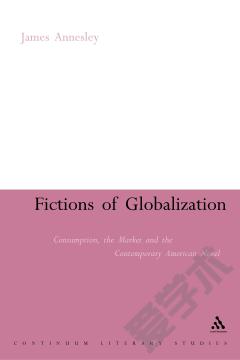Local/Global Narratives
Over the past decade and a half, Germany has experienced a period of political and cultural turbulence which many have attributed to the combined challenges of unification and globalisation. In response to growing exposure to global markets, politics and migration debates about identity have increasingly been renationalised. At the same time, there has been a notable reappraisal in Germany (and in German Studies) of the regional and global as spaces for the construction of identity. This volume sets out to explore these complex and at times contradictory trends, focusing in particular on developments in Germany since the 1970s, although chapters treating earlier periods are also included. The volume brings together British, Irish, German, Canadian and American scholars working in the field, and resulted from a conference organised by Women in German Studies at the University of Bath. The first section is primarily concerned with the specifically German concept of locality known as Heimat and its changing relationship with the global. Included are explorations of the writings of Kafka, Bachmann, Johnson, Sell, Wolf, Brinkmann and Jelinek amongst others as well as films by Schlöndorff and Steyerl. The second section focuses on the impact of the global on institutions and rituals such as commemoration, memorialisation, and architecture, which have traditionally been influential in shaping national self-images. Overall, this volume concludes that the nature of the relationship to the local has fundamentally changed under the impact of globalisation.
{{comment.content}}








 京公网安备 11010802027623号
京公网安备 11010802027623号